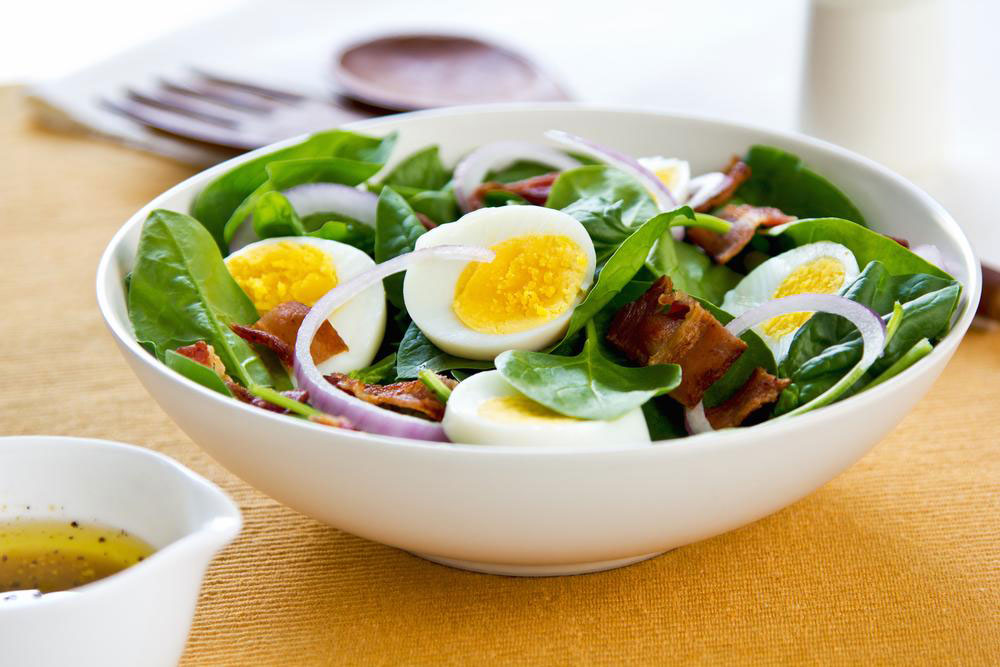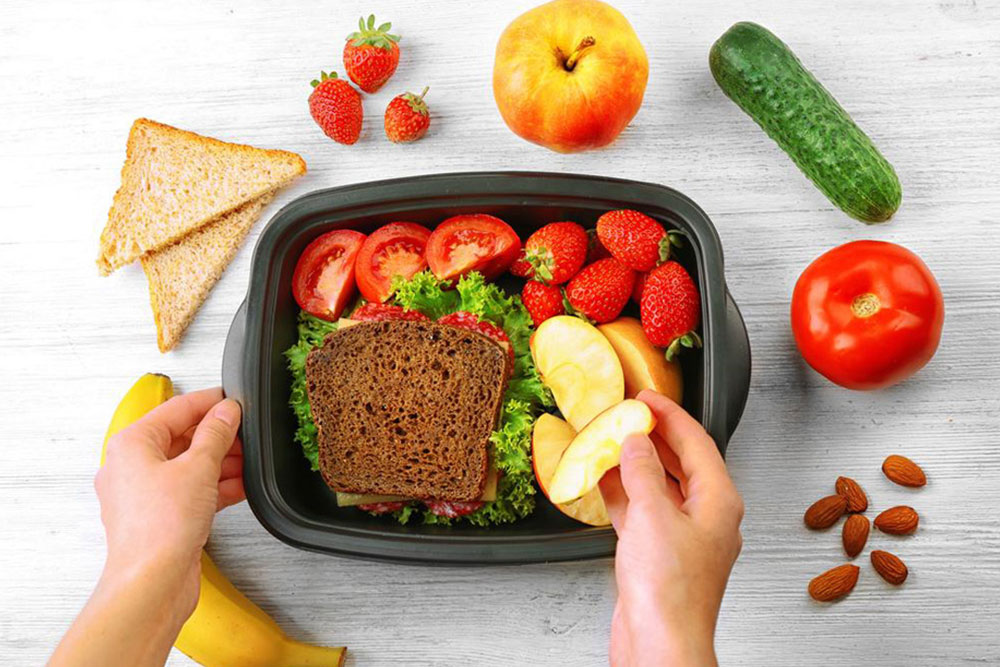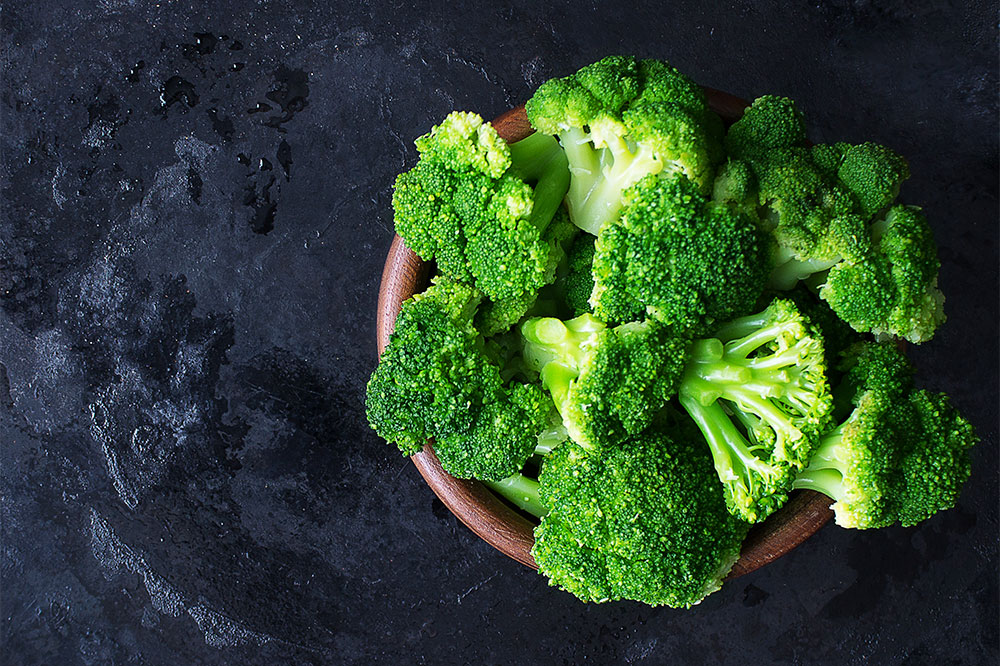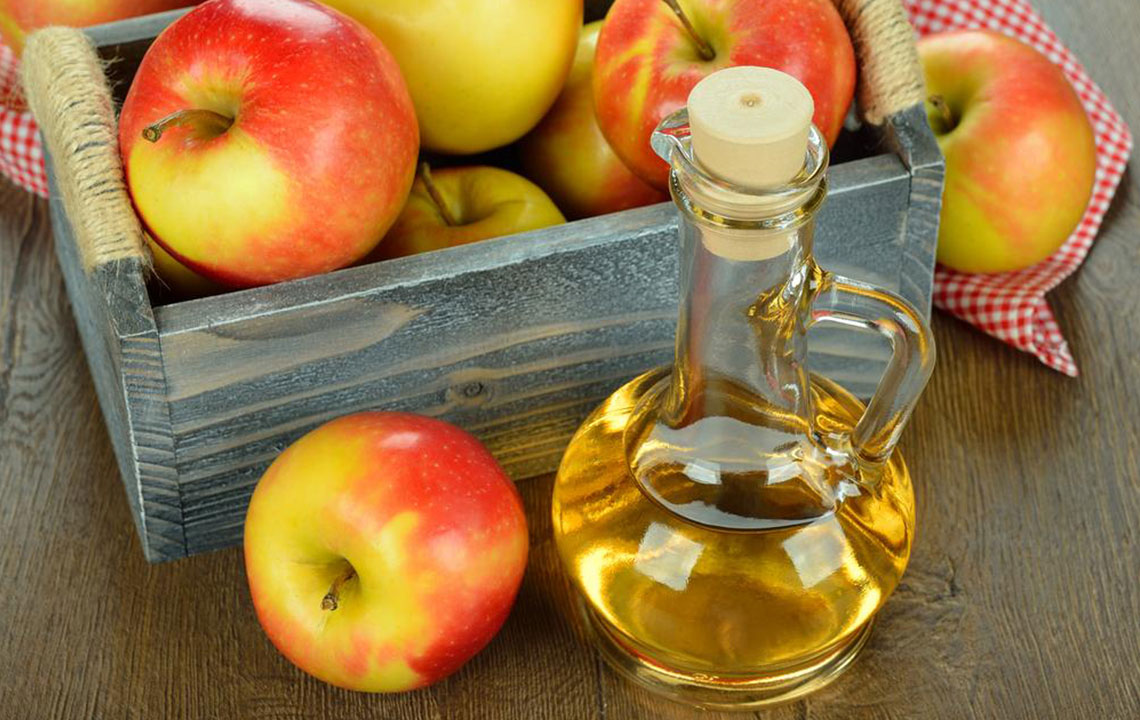Top 5 Nutrient-Rich Low-Fat Foods to Incorporate into Your Healthy Diet
Discover five nutritious and low-fat foods that can help improve your diet and support weight loss. Incorporate greens, fruits, nuts, whole grains, and low-fat dairy for a balanced and healthful eating plan, ensuring you get essential nutrients without excess fats. Consult professionals for personalized advice and make smarter dietary choices today.
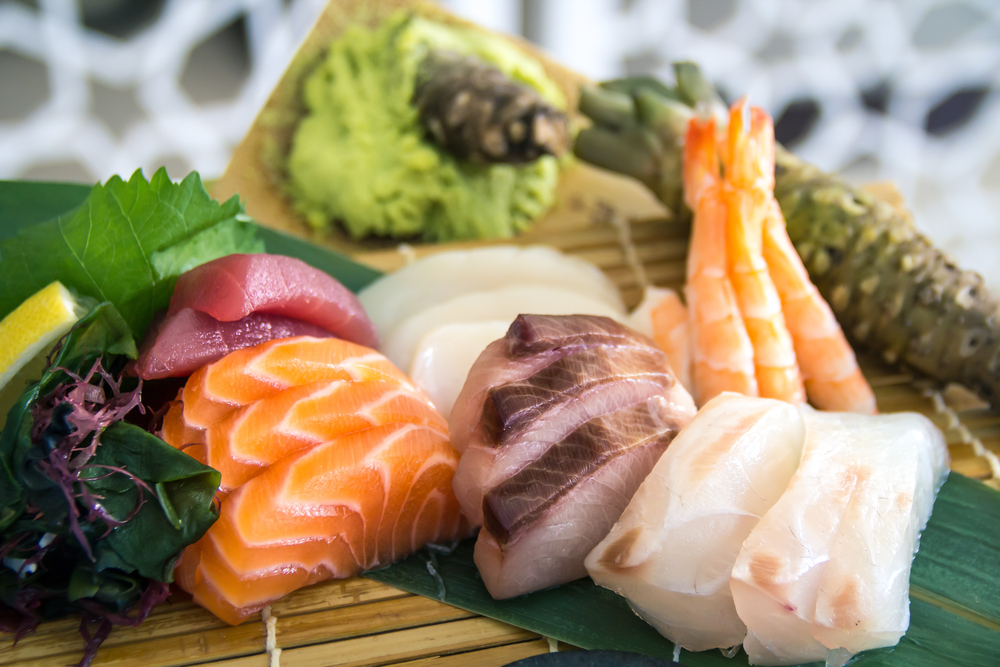
Top 5 Nutrient-Dense Low-Fat Foods to Enhance Your Diet
In the vast world of diet trends online, many promises of quick weight loss often lead people astray, causing them to follow restrictive or unbalanced plans. These crash diets typically skip essential food groups, risking long-term health. Contrary to popular belief, our bodies need a variety of nutrients—including proteins, carbohydrates, vitamins, minerals, and healthy fats—for optimal functioning.
The body requires certain fats to operate properly, with unsaturated fats being the healthier choice compared to saturated and trans fats. For effective weight management, replacing unhealthy fats with low-fat options that still meet nutritional needs is essential. Here are some excellent low-fat foods to include in your balanced diet:
Green leafy vegetables: These vegetables, including kale, spinach, mustard greens, collard greens, chard, arugula, and microgreens, are naturally low in fat and rich in vital nutrients, making them perfect for a low-fat diet.
Fruits: Fruits such as apples, pineapples, watermelons, oranges, blueberries, grapefruit, papaya, and peaches offer natural sugars and fiber. If managing calorie intake, limit high-fat fruits like bananas and opt for lighter options.
Nuts and dry fruits: Nuts like almonds, walnuts, and apricots are nutrient-dense and provide healthy fats that support weight loss. Incorporating small portions of these nourishing snacks can help meet dietary fat requirements without excess calories.
Whole grains and legumes: Foods like wheat, lentils, beans, peas, millets, and other whole grains are high in fiber, promote fullness, and aid in weight reduction by preventing unhealthy snacking.
Low-fat dairy products: Dairy items are rich in calcium and other essential nutrients, but opting for low-fat versions ensures nutrient intake without excess saturated fats, supporting overall health and weight management.
Note: It's important to maintain a balanced approach to dieting. Always consult with a healthcare provider before making significant dietary changes to ensure they suit your individual health needs.
Tags: low-fat diet, healthy eating, weight loss, nutritious foods, balanced diet

